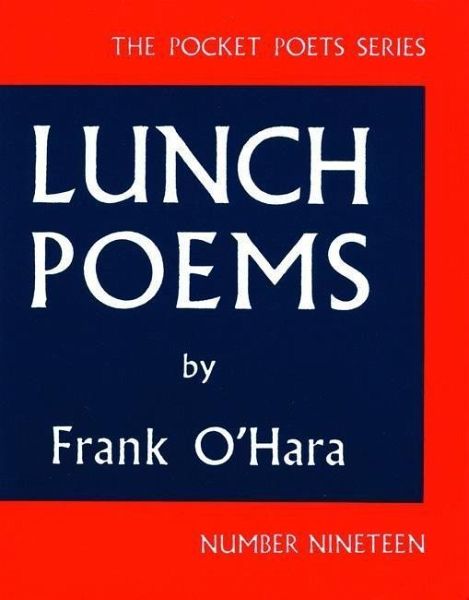
Lunch Poems

PAYBACK Punkte
7 °P sammeln!
Important poems by the late New York poet published in The New American Poetry, Evergreen Review, Floating Bear and stranger places. Often this poet, strolling through the noisy splintered glare of a Manhattan noon, has paused at a sample Olivetti to type up thirty or forty lines of ruminations, or pondering more deeply has withdrawn to a darkened ware- or firehouse to limn his computed misunderstandings of the eternal questions of life, coexistence, and depth, while never forgetting to eat lunch, his favorite meal.
The famed New York School bard's ruminations and deep ponderings, written during random Manhattan lunch hours.


